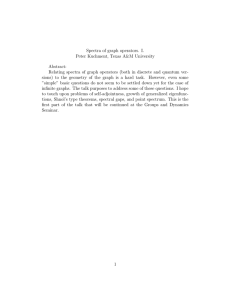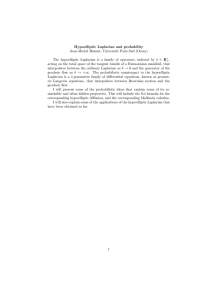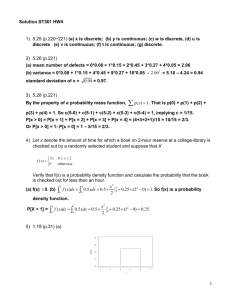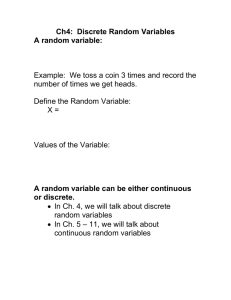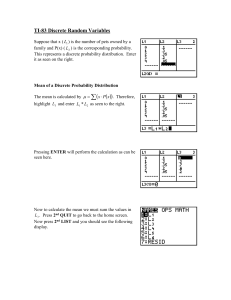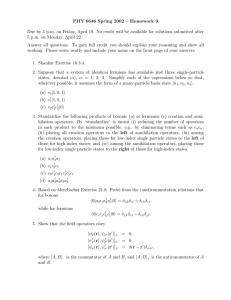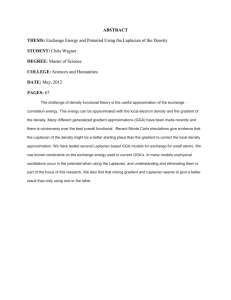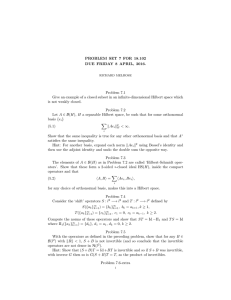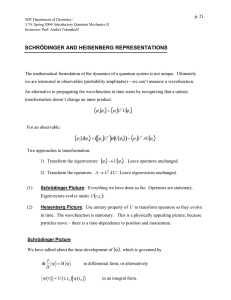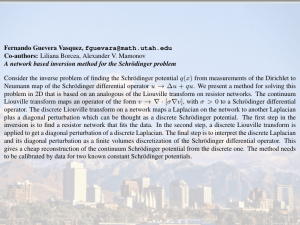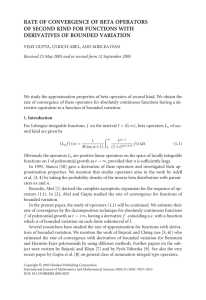Local Solvability of Laplacian Difference Operators Arising From the Discrete Heisenberg Group
advertisement
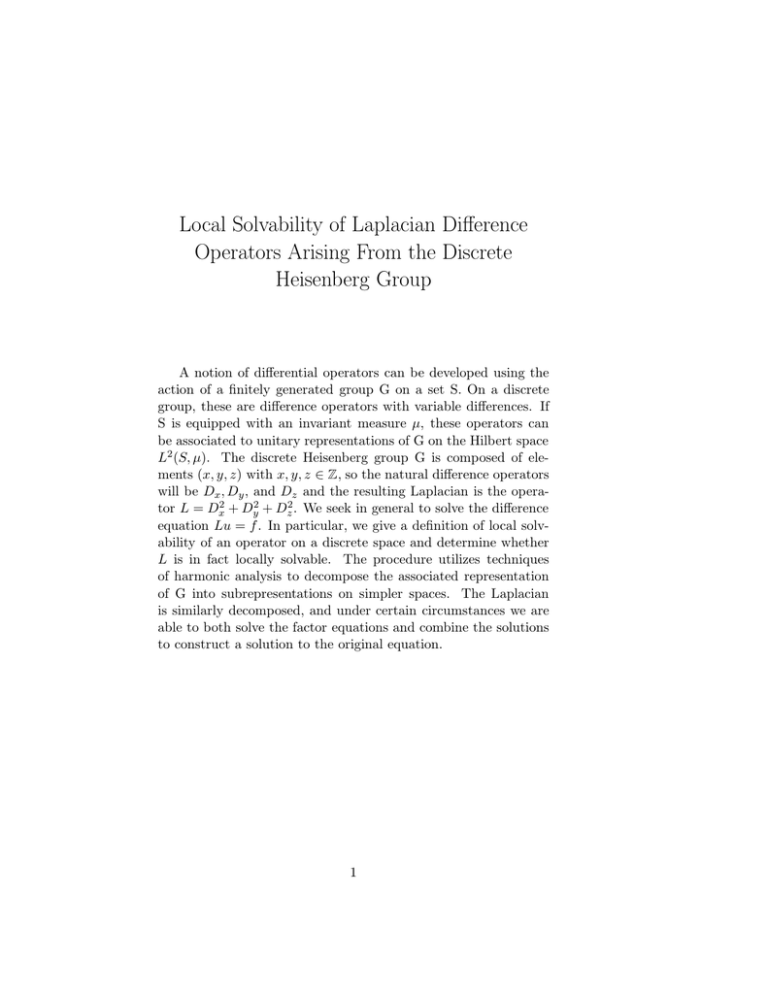
Local Solvability of Laplacian Difference Operators Arising From the Discrete Heisenberg Group A notion of differential operators can be developed using the action of a finitely generated group G on a set S. On a discrete group, these are difference operators with variable differences. If S is equipped with an invariant measure µ, these operators can be associated to unitary representations of G on the Hilbert space L2 (S, µ). The discrete Heisenberg group G is composed of elements (x, y, z) with x, y, z ∈ Z, so the natural difference operators will be Dx , Dy , and Dz and the resulting Laplacian is the operator L = Dx2 + Dy2 + Dz2 . We seek in general to solve the difference equation Lu = f . In particular, we give a definition of local solvability of an operator on a discrete space and determine whether L is in fact locally solvable. The procedure utilizes techniques of harmonic analysis to decompose the associated representation of G into subrepresentations on simpler spaces. The Laplacian is similarly decomposed, and under certain circumstances we are able to both solve the factor equations and combine the solutions to construct a solution to the original equation. 1
